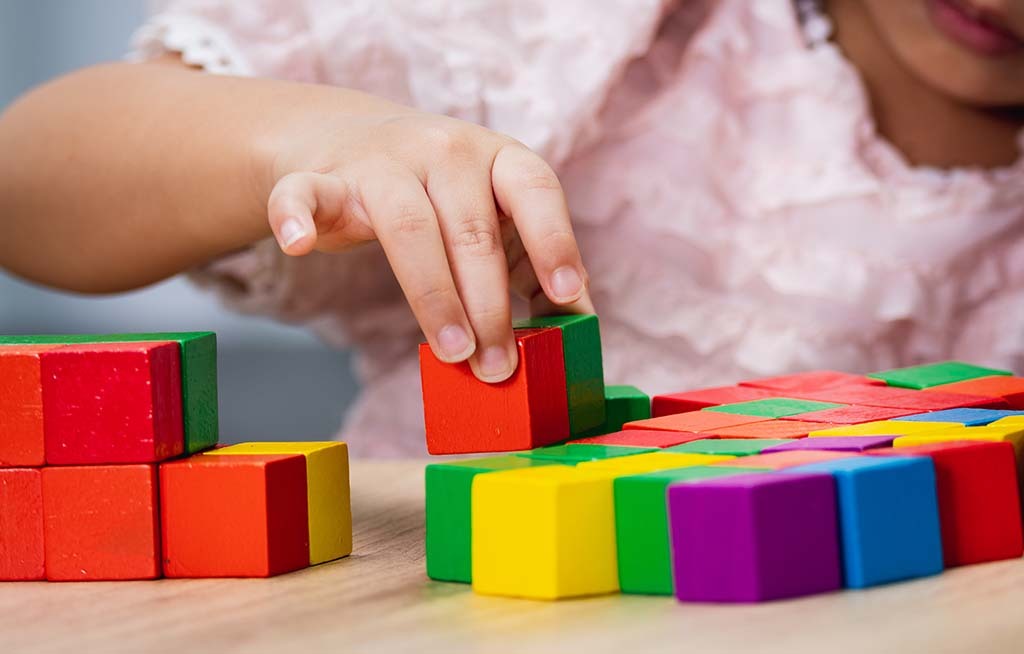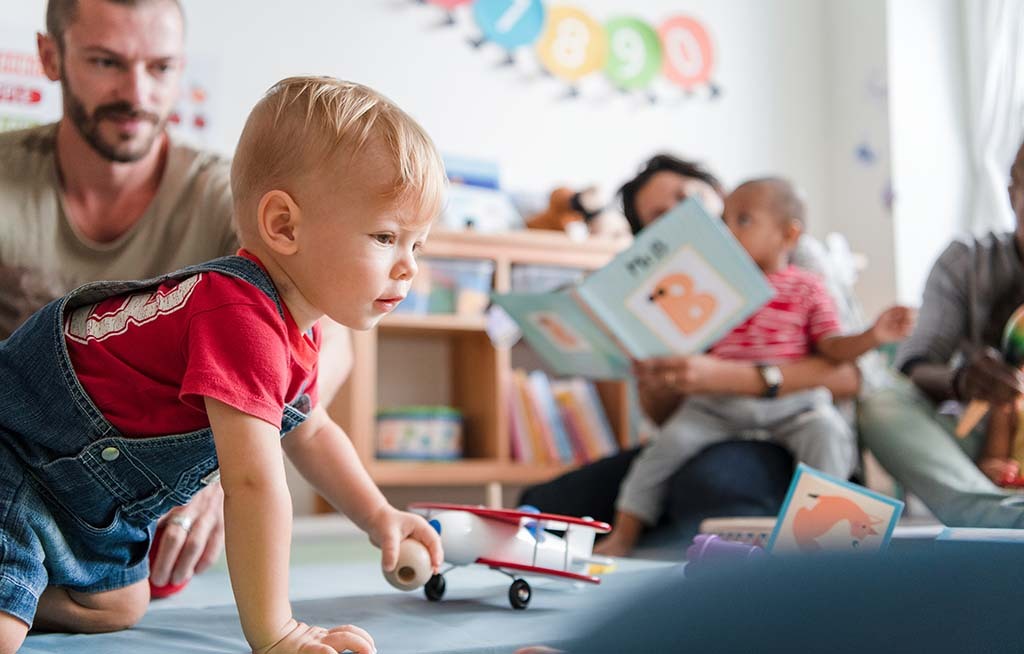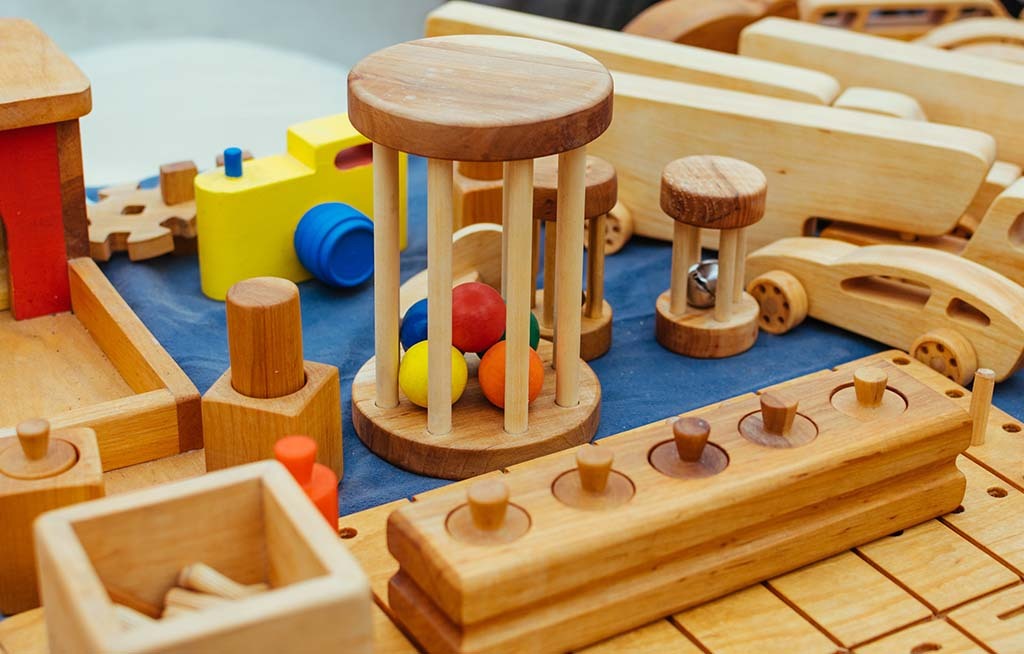Families play a fundamental role in nurturing and supporting children, yet not all family backgrounds are equal.
In recent decades the growing diversity, fragility and complexity of families may well have contributed to growing inequalities. These can impact negatively on a child’s development, behaviour, education and health.
Pathways to parenthood: unequal starts
From the very start, children experience different levels of family-related disadvantages. For example, married families are on average more advantaged than cohabiting couple families. Both are more advantaged than lone-mother families.
The levels of these disadvantages vary from place-to-place. Five per cent of births in affluent Tunbridge Wells but over a third of births in Liverpool and Middlesbrough are to lone-mothers.
What matters for children?
Parental socio-economic status and mental wellbeing affect children’s development. The quality and type of parenting, as well as the nature of the relationship between the parents, also matters.
These factors are inter-related. For example, economically disadvantaged mothers are more likely than the more advantaged to experience depression. Maternal depression is associated with lower levels of nurturing, and positive parenting can mediate the effects of economic disadvantage.
Family instability
Parental separation reduces family resources and disadvantaged parents are also more likely to separate. This sort of family instability has repercussions for children that carry on into adulthood.











